Meet the Editors of The Broadview Anthology of American Literature
We want to give you the chance to get to know the excellent team of general editors that we have assembled to develop the forthcoming Broadview Anthology of American Literature. We asked each of the editors working on this exciting new anthology to tell us a little bit about themselves and how they teach American literature.
Derrick Spires, Cornell University
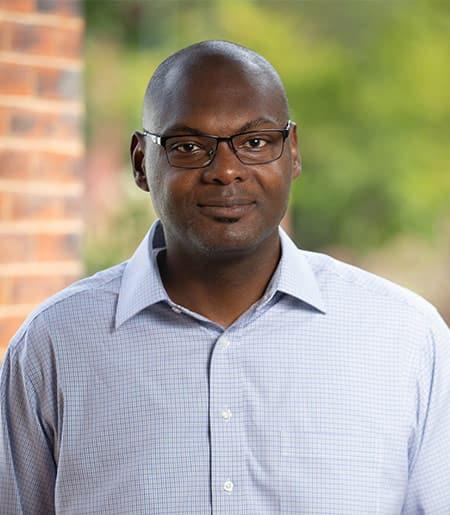
Derrick R. Spires is Associate Professor of Literatures in English and affiliate faculty in American Studies, Visual Studies, and Media Studies at Columbia University. He specializes in early African American and American print culture, citizenship studies, and African American intellectual history. His first book, The Practice of Citizenship: Black Politics and Print Culture in the Early United States (University of Pennsylvania Press, 2019), traces the parallel development of early black print culture and legal and cultural understandings of U.S. citizenship. Practice won the Modern Language Association Prize for First Book, the Bibliographical Society/St. Louis Mercantile Library Prize, and the M/MLA Book Prize and was a finalist for the Library Company of Philadelphia’s First Book Prize. He has also edited a special issue of American Literary History dedicated to “Genealogies of Black Modernity” (Winter 2020). His work on early African American politics and print culture appears or is forthcoming in African American Review, American Literary History, and edited collections on early African American print culture, time and American literature, and the Colored Conventions movement. His research has been supported by fellowships from the National Endowment for the Humanities, the American Antiquarian Society, the Library Company of Philadelphia, Oberlin Archives, the Social Science Research Council, and the UNCF/Mellon-Mays and Ford Foundations.
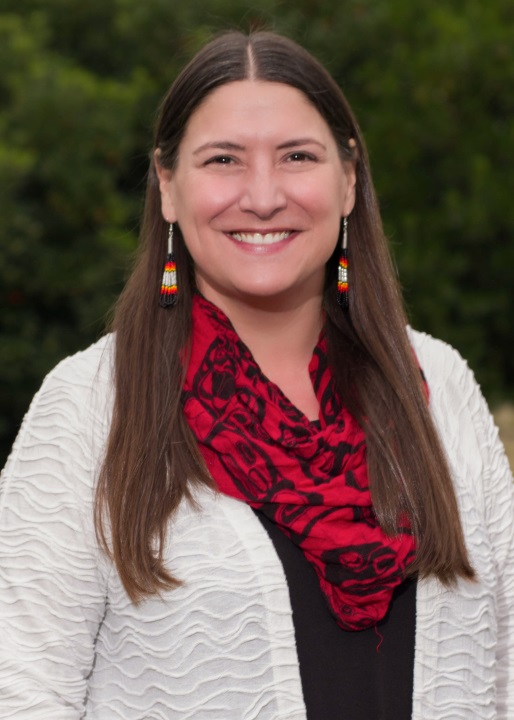
Christina Roberts, Seattle University
Christina Roberts is an Associate Professor of English and Director of Indigenous Peoples Institute at Seattle University. She focuses her efforts on enhancing the experiences of Indigenous students at SU and creating spaces to amplify the voices of Indigenous peoples. She has authored articles for Studies in American Indian Literature and The Kenyon Review.
What work of American Literature has provoked the most surprising student responses for you?
I’m most surprised by the ongoing need to teach about settler colonialism and the ways in which literary history risks perpetuating culturally imperialistic patterns. I’ve consistently struggled to identify materials that invite students (and colleagues) to interrogate long-held assumptions about American literary history, which is why I’m honored to work alongside other scholars who are transforming how students approach the study of American literature.
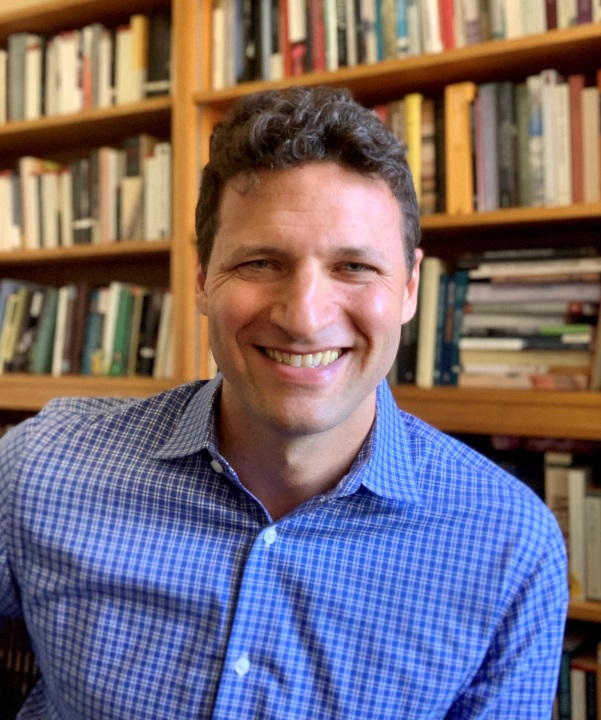
Joseph Rezek, Boston University
Joseph Rezek is Associate Professor of English and Director of the American & New England Studies Program at Boston University. He is the author of London and the Making of Provincial Literature: Aesthetics and the Transatlantic Book Trade, 1800-1850 (2015). He has published widely on transatlantic Romanticism, early Black Atlantic literature, and the history of print in the eighteenth and nineteenth centuries.
Is there a particular author or work with which you like to start a course?
I like to begin courses with Phillis Wheatley, because she is important to many fields: early American literature, African American literature, women’s literature, the history of slavery, eighteenth-century studies, Romanticism, and the history of the book.
What work of American Literature has provoked the most surprising student responses for you?
Students really still love Hawthorne, especially his short stories. I do too, of course, but their excitement about his works on early American history always surprises me.
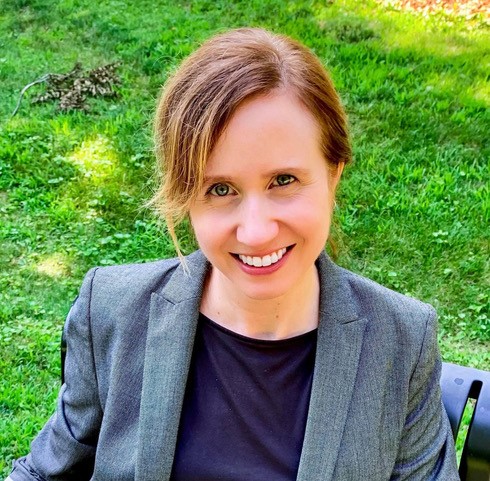
Justine S. Murison, University of Illinois, Urbana-Champaign
Justine S. Murison is Associate Professor of English at the University of Illinois, Urbana-Champaign. She is the author of The Politics of Anxiety in Nineteenth-Century American Literature (Cambridge, 2011), and the volume editor for American Literature in Transition: The Long Nineteenth Century, 1820–1860 with Cambridge University Press. Her articles have appeared in such venues as American Literature, ESQ, Early American Literature, and The New Melville Studies.
What piece in the anthology are you most excited to teach?
I am most excited for how the anthology’s web component allows us to expand and customize our courses. One web component I look forward to teaching is Margaret Fuller’s Things and Thoughts in Europe, excerpts of which will be on the anthology’s webpage. Most anthologies include Fuller’s writing on women’s rights, but what is often obscured is her time as the first woman foreign correspondent for Horace Greeley’s Tribune. From 1846-1850, she witnessed and reported back on the revolutions on the continent, and especially in Italy. These excerpts introduce another side to Fuller and they can help students make connections between the revolutionary and reform spirit of the United States in these years and larger global struggles.
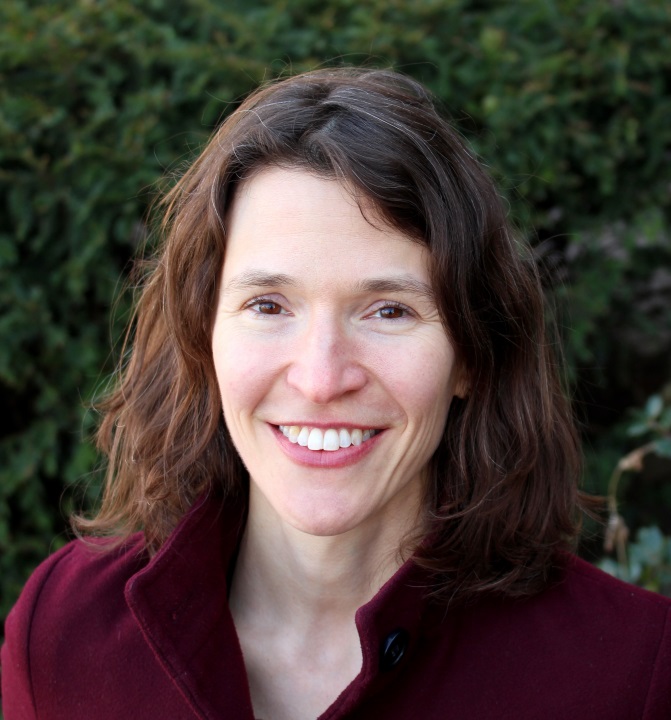
Laura Mielke, University of Kansas
Laura L. Mielke is a professor of English at the University of Kansas, where she regularly and enthusiastically teaches the survey of “American” literature prior to 1865, as well as topics courses in (among others) captivity narratives, historical fiction, and the literature of slavery and abolition. Building on a longtime interest in both performance and political rhetoric, Laura has published books on the discourse of sympathy in the literature of Native American removal (Moving Encounters), Indigenous performance in colonial America (Native Acts, co-edited with Joshua David Bellin), and the impact of the theater on antislavery speech (Provocative Eloquence). She lives in Lawrence, Kansas, with her family.
What piece in the anthology are you most excited to teach? I am particularly excited by the range and diversity of Indigenous and African American oratory represented in volumes A and B, as well as on the accompanying website. My students and I will be able to study not only better-known speeches by Samson Occom, Absalom Jones, William Apess, Henry Highland Garnet, and Sojourner Truth, but also the eloquence of Sagoyewatha, Elias Boudinot, Maria W. Stewart, Red Cloud, and so many others.

Christopher Looby, UCLA
Christopher Looby is a Professor of English at UCLA. His teaching and research address themselves to connections between literary texts and historical circumstances, relations between the material form of print publication and the effects of reading, and dynamic exchanges between bodies and pleasures and the longue durée of the history of sexuality. He is currently engaged in several scholarly projects, including a book on the serial publication of narrative fiction in the long nineteenth century and its implications for writers and readers, and another book on the “literariness” of sexuality in the American nineteenth century. He is the general editor as well as the editor of specific volumes in the Q19: The Queer American Nineteenth Century series (Univ. of Pennsylvania Press), for which he is preparing an edition of the writings of Margaret J.M. Sweat, including her novel Ethel’s Love-Life (1859) and selections of her poetry and critical prose. Professor Looby’s research has been supported by fellowships from the Library Company of Philadelphia and the Newberry Library (Chicago), as well as by the Council on Research of the UCLA Faculty Senate. He co-directs the Americanist Research Colloquium at UCLA and directs the English in Florence: American Writers and Artists Abroad summer travel study program.
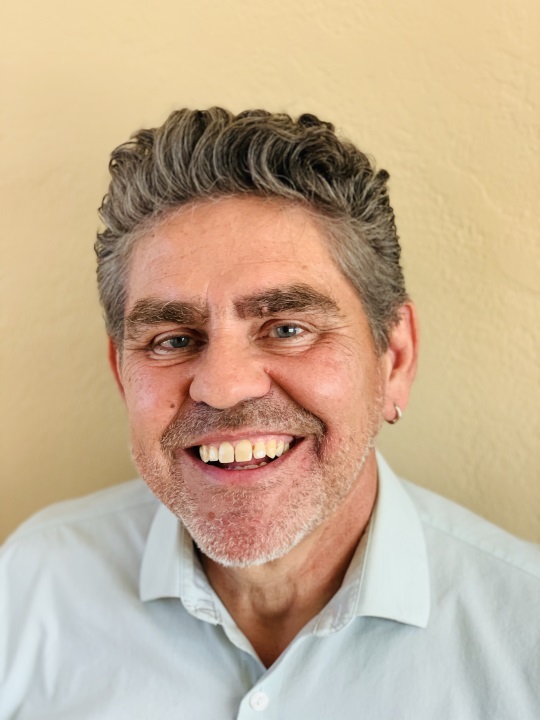
Rodrigo Lazo, UC Irvine
Rodrigo Lazo is author of Letters from Filadelfia: Early Latino Literature and the Trans-American Elite (2020), among other books and articles ranging widely in American literature, hemispheric studies, and LatinX studies. He is professor of English and Comparative Literature at the University of California, Irvine.
What work of American Literature has provoked the most surprising student responses for you? I have been surprised by the enthusiasm that students display when reading Michael Wigglesworth’s The Day of Doom (1662). The apocalyptic visions resonate with contemporary images of catastrophe as I ask them to consider why this poem might have appealed to Puritan readers. Why does it appeal today?
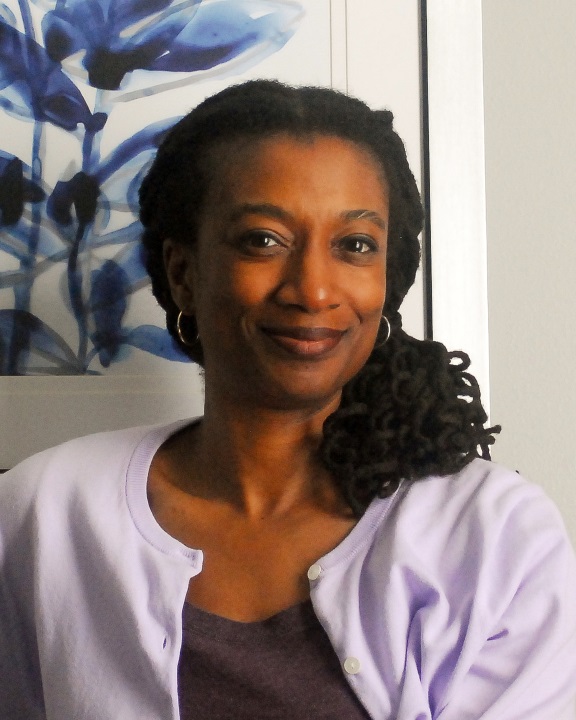
Alisha Knight, Washington College
Alisha R. Knight is a professor of English and American Studies at Washington College. She is the author of Pauline Hopkins and the American Dream (University of Tennessee Press 2012) and co-editor, with John Cullen Gruesser, of a scholarly edition of Hopkins’s Hagar’s Daughter (Broadview Press 2020). Her most recent work appears in African American Literature in Transition, vol. 7 (Cambridge University Press 2021). She is currently researching African American book publishing practices at the turn of the twentieth century.
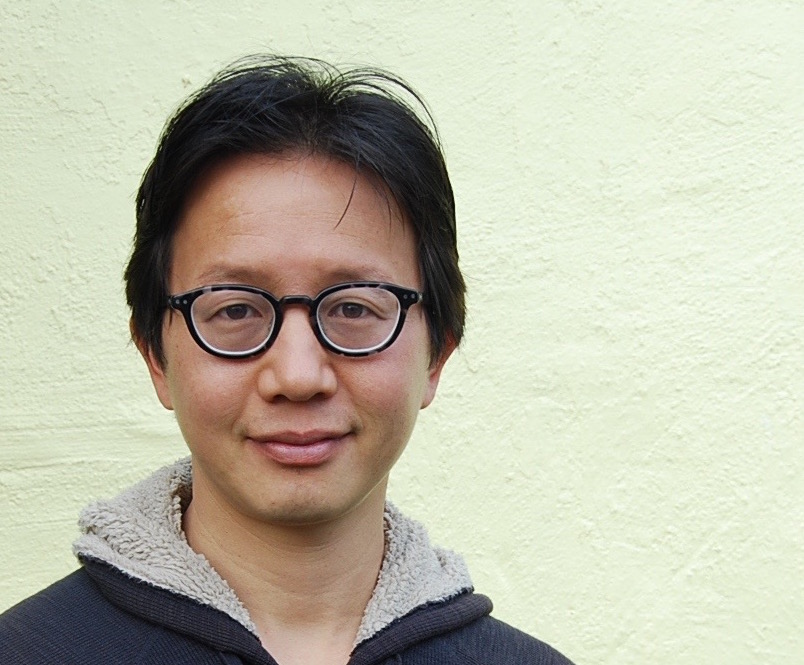
Hsuan Hsu, UC Davis
Hsuan Hsu is a professor of English at the University of California, Davis and author of numerous books and articles on space and scale in American literature, comparative racialization in the writings of Mark Twain, and olfactory aesthetics as a tool for communicating environmental inequities. He edited the Broadview editions of Mrs. Spring Fragrance and Pudd’nhead Wilson and Those Extraordinary Twins, and the Penguin edition of The Life and Adventures of Joaquín Murieta.
What piece in the anthology are you most excited to teach?
I am excited to teach Life in the Iron Mills alongside the contextual materials in the anthology.

Rachel Greenwald Smith, Saint Louis University
Rachel Greenwald Smith is the author of On Compromise: Art, Politics, and the Fate of an American Ideal (Graywolf Press, 2021) and Affect and American Literature in the Age of Neoliberalism (Cambridge University Press, 2015). She is an Associate Professor of English at Saint Louis University, where she teaches courses on twentieth- and twenty-first-century U.S. literature and critical theory.
Her work has appeared in Novel, Post45, American Literature, Mediations, Modern Fiction Studies, Virginia Quarterly Review, the Los Angeles Review of Books, The Yale Review, and elsewhere. She has edited two volumes of scholarship, Neoliberalism and Contemporary Literary Culture, with Mitchum Huehls (Johns Hopkins University Press, 2017), and American Literature in Transition: 2000-2010 (Cambridge University Press, 2018). She is the recipient of an American Council of Learned Societies Ryskamp Fellowship (2015). Originally from Portland, Oregon, she lives in Saint Louis.
What work of American Literature has provoked the most surprising student responses for you?
William Faulkner’s “A Rose for Emily” seems to have remained strangely relevant. I love the fact that it still manages to creep students out. Inspired by Sheri-Marie Harrison’s work on the New Black Gothic, I like to teach it alongside contemporary examples of the Southern Gothic such as the “Teddy Perkins” episode of the television series Atlanta. Once students see how race and class are worked out through gothic elements in popular culture, they are better equipped to understand the political context that makes Faulkner’s story so deeply disturbing.

Michael Everton, Simon Fraser University
Michael Everton was born and raised in Richmond, Virginia, but his adopted home is Vancouver, British Columbia, where he teaches pre-1900 American literature at Simon Fraser University and researches American print culture, intellectual property law, and (completely unrelated to those first two!) literary postsecularism.
Is there a particular author or work with which you like to start a course?
I didn’t always do this, but I now begin my American literature surveys, regardless of period or focus, with the one-two punch of William Apess’s “An Indian’s Looking-Glass for the White Man” and Frederick Douglass’s “What to the Slave Is the Fourth of July?” Obviously, leading with Apess and Douglass sends a hard-to-miss message about the changed and (thankfully) still-changing ‘canon’ of American literature. But it also helps students recognize immediately, urgently what’s at stake in the study of literature, language, and the humanities generally both historically and right now.
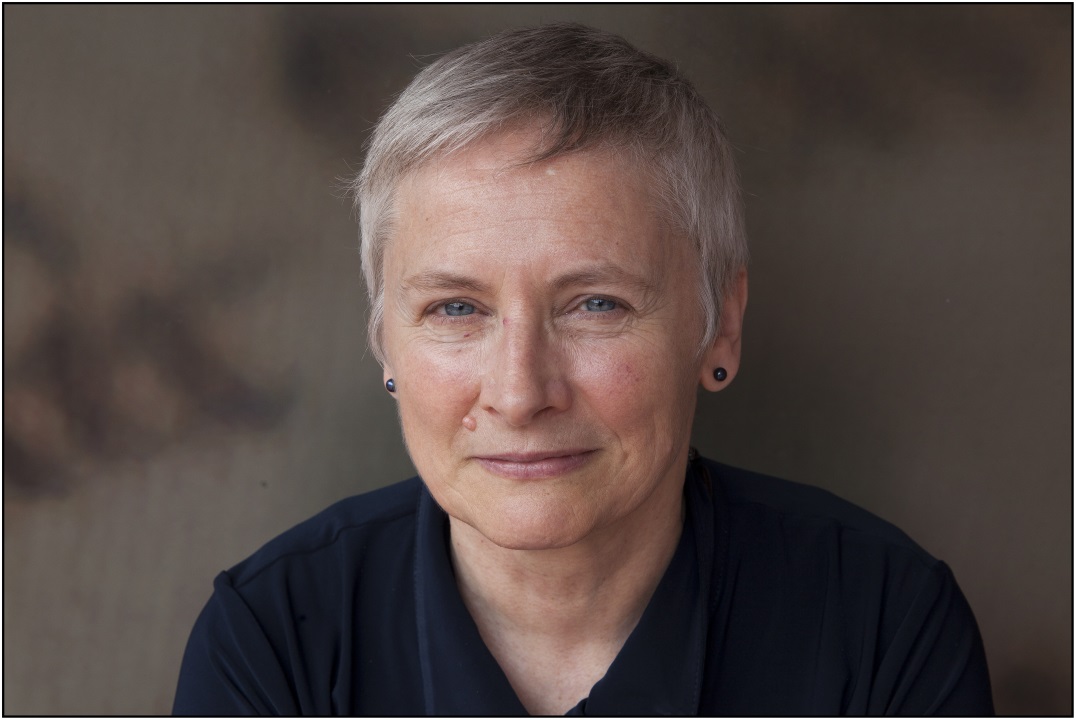
Christine Bold, University of Guelph
Christine Bold is a Fellow of the Royal Society of Canada and Professor in the School of English & Theatre Studies, University of Guelph. Her six books and many essays on popular culture and cultural memory include two award winners: The Frontier Club: Popular Westerns and Cultural Power, 1880-1924 and Remembering Women Murdered by Men: Memorials across Canada, coauthored by the Cultural Memory Group. Her next book, “Vaudeville Indians” on Global Circuits, 1880s-1930s, will be published by Yale UP in 2022. Her research has been supported by multiple SSHRC grants as well as Killam and Fulbright fellowships.
